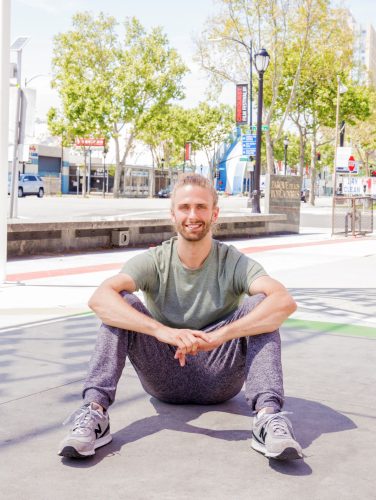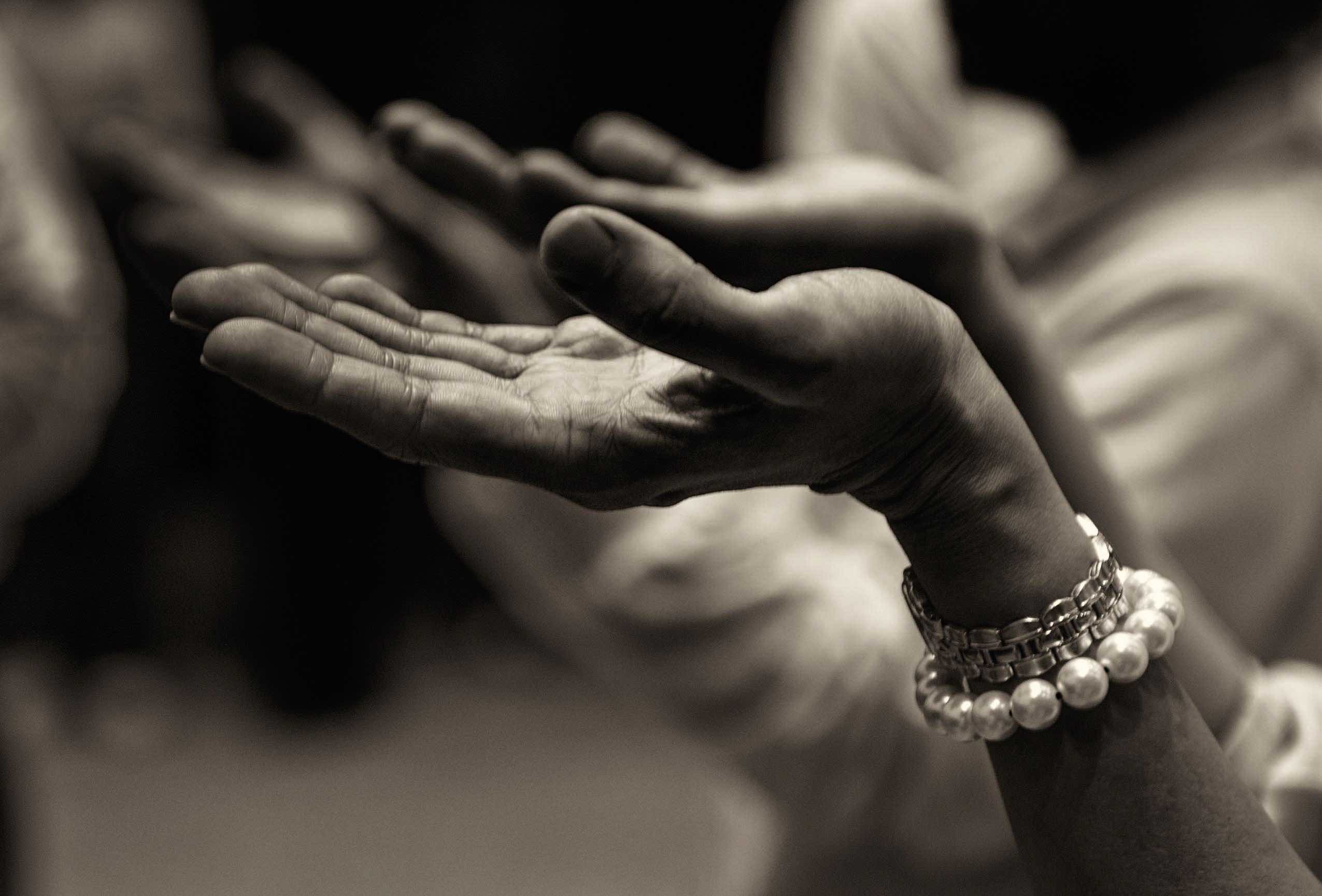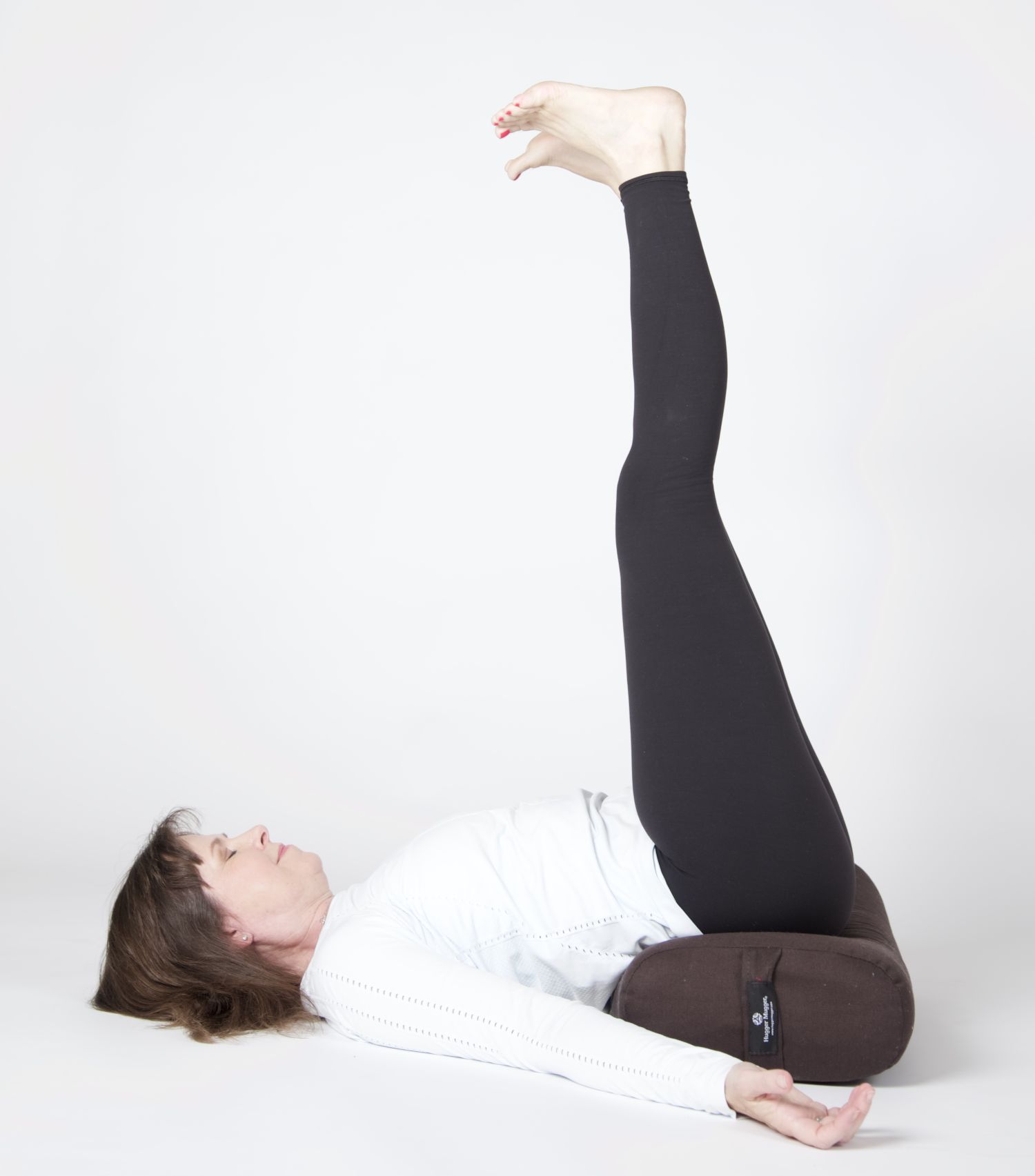We all have different reasons for practicing yoga, different paths that led us to find the practice. Many start for physical (even superficial) benefits, only to realize the profound, spiritual insights that are also accessible through asana and meditation. Meanwhile, others have to hit their knees before they become open to these rewards. As Rumi described, “The wound is the place where the light enters you.” In this column, teachers and students alike will contribute deeply-personal accounts of their own yoga journeys, how they found the practice, and why they stay committed to it. Thank you for holding the space and allowing them to share their truths.
“We do not learn from experience; we learn from reflecting on experience.”
John Dewey
The above quote couldn’t be any more accurate in my personal development. Throughout my life, I went through many cycles of repeating patterns, and as I lacked the ability to reflect on and change those experiences, they continued to happen. What makes our humanity so exceptional is the capability to do that. We can observe any automatic behavior or responses we engage in, evaluate the action, and choose to change.
Change is what practicing yoga offers. Many practitioners begin with a physical practice, which is the third limb of yoga, called asana. Out of the eight limbs, the third (for many of us) is the most familiar and accessible. But, the practice does not stop there. As we use asana as an entry point, we then can begin to observe the other limbs. How do we treat others, and how do we treat ourselves? Are we honest? Are we possessive? Are our thoughts, words, and actions in line with who we genuinely want to be? In many instances, what shows up on the mat is exactly what’s happening off the mat.
Up until I turned 26 years old, I was not aware of my attachment towards taking shortcuts. This problem is more common than I first thought. In a recent study, psychologists at Duke University put mental shortcuts to the test and discovered that the brain’s use of them often results in irrational decision-making. Looking back, I made some absurd judgments, opting for the route with the least amount of effort. This path ultimately landed me in prison. In fact, it was not a shortcut, it was a dead end. While in college, rather than working hard to pay for expenses, I thought it would be better to be a mule, driving an excessive amount of marijuana across the country. Working for one weekend would be the equivalent of working for four to six months. So, I suppressed my intuition telling myself that the opportunity to travel to new places while paying for college outweighed the risk.
Maybe you’ve experienced similar cycles of patterning, in which similar events or decisions keep coming around, eventually biting you in the rear. Self-healing practices like yoga can help untie these knots. Shortly after my legal troubles were behind me, I seriously began practicing yoga. It dawned on me during my practice that shortcuts had been such a significant pattern in my life. As I practiced a set sequence each morning, there was a specific posture I despised. In Garbha Pindasana, you roll on your back nine times, clockwise. Because my mat was so thin, and because I was too lazy to put down a towel, my spine would dig into the floor in a painful way. Day after day, I would skip over this posture until my teacher called me out in front of the class. Extremely embarrassed, I took the time to analyze why I continued choosing to skip work. As I took a closer look, I realized how deep this patterning went. Until that moment of being called out, I had been blind to the idea.
This reflection came at a great time. During this period, I was pondering getting right back into what had gotten me in so much trouble. With finances being very tight, my attachment to shortcuts began to sing very loudly. However, as I recalled the pain I caused my mother, lost time with family and friends, and restricted diet that consisted of “Freddy Kruger” meat (yes, it’s as bad as it sounds), I reconsidered. I decided to take a different path, opting instead for a minimum wage job and getting back on the right track.
In yoga, the term for this is pratipaksha bhavanam – the practice of doing the opposite when it comes to conditioned, unnecessary harm. In hindsight, I am grateful for yoga as a tool for reflection, as my path has unfolded into something special. I began my practice just as many others did: looking to become stronger, more flexible, and to feel a little better after class. But, if you use the other limbs of the practice skillfully, yoga can produce so much more in your life.















One reply on “Where the Light Enters: The Real Reason I Practice Yoga”
Great article and congratulations on transcending the patterns to arrive at a better place. Admitting humanness and vulnerabilities adds authenticity and displays courage. I appreciate the spirit of openness as I believe it attracts kindness. Really resonates with me as I also have patterns to let go of and various issues in the way.